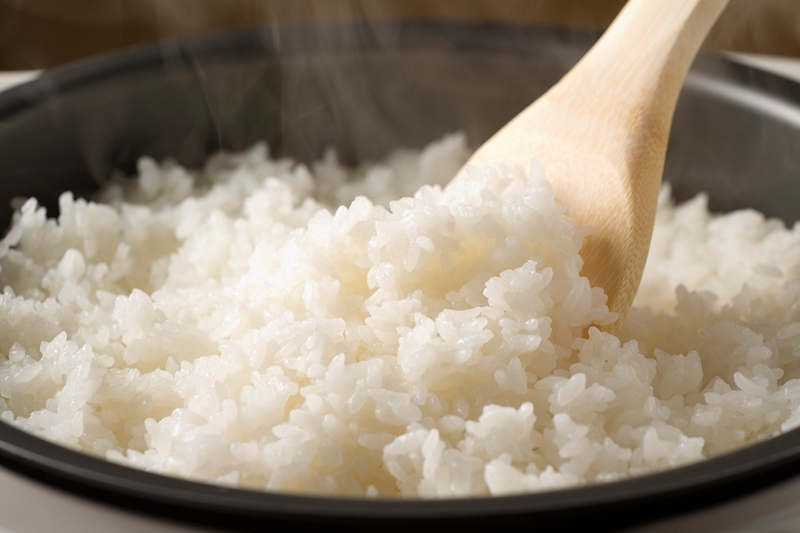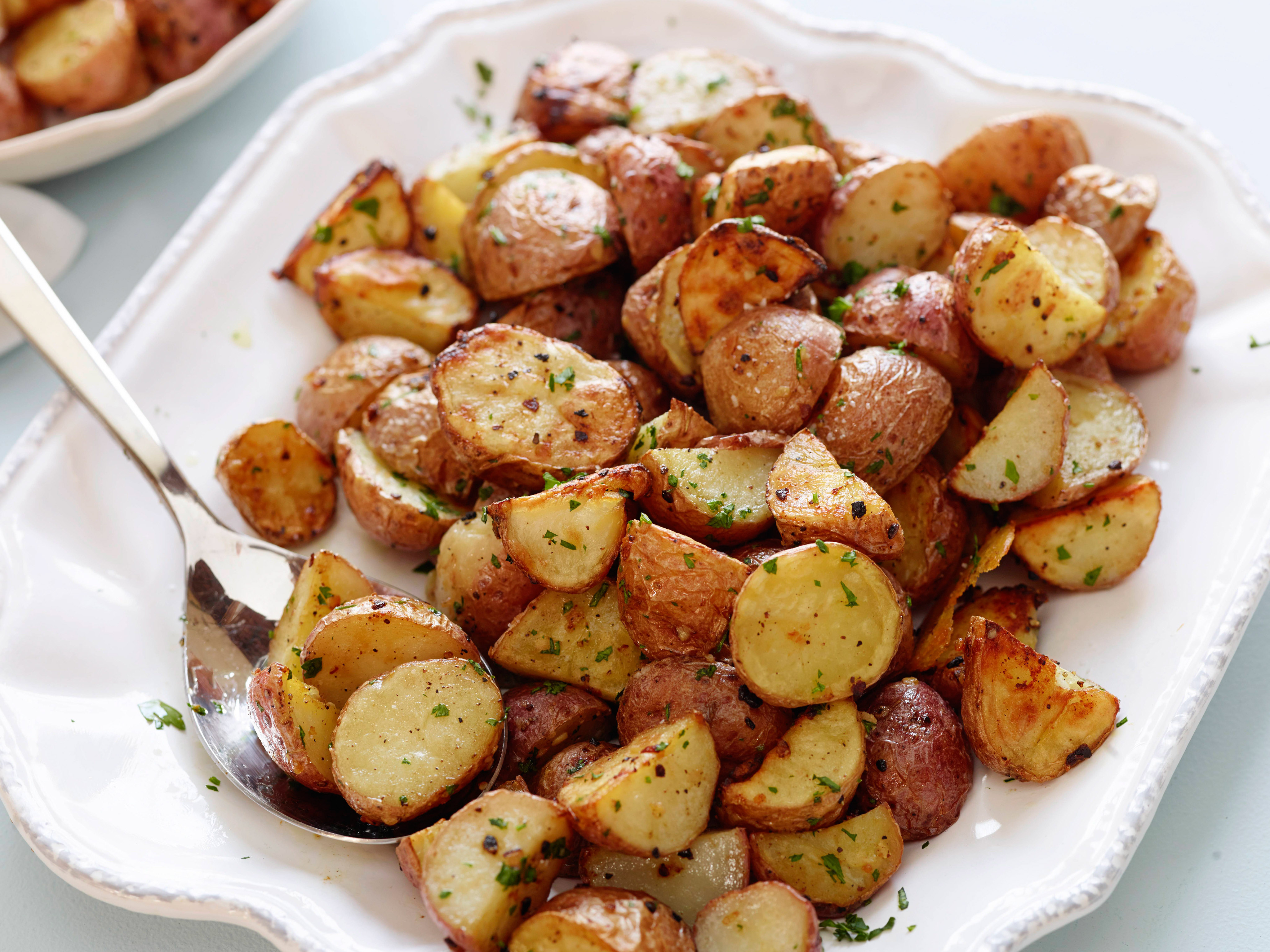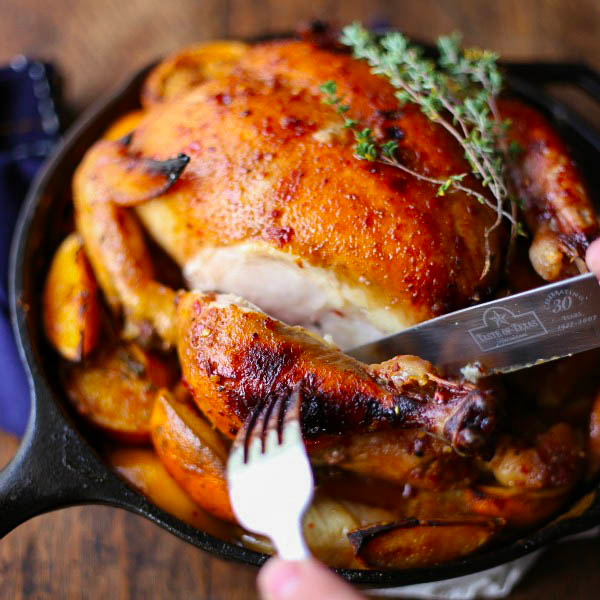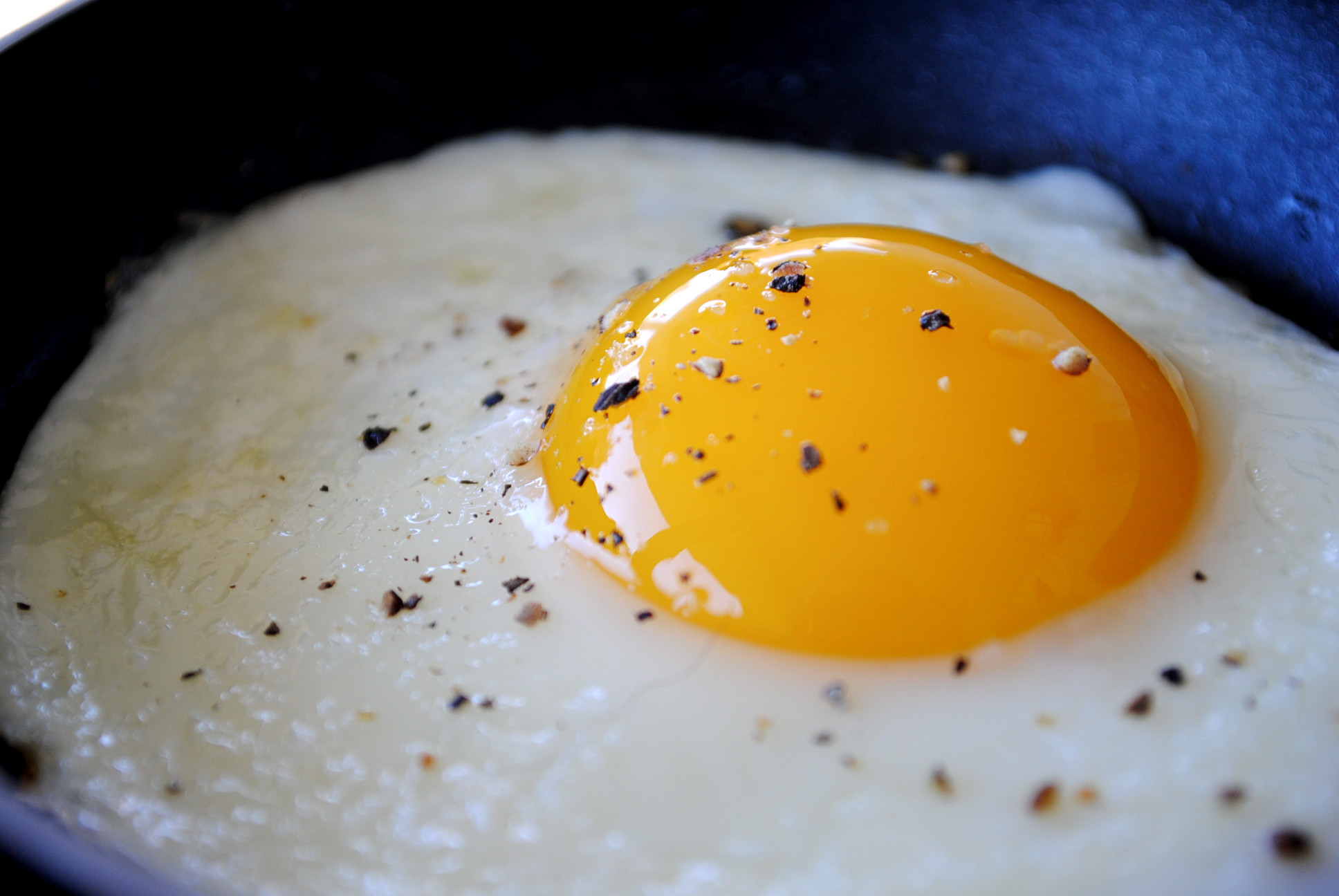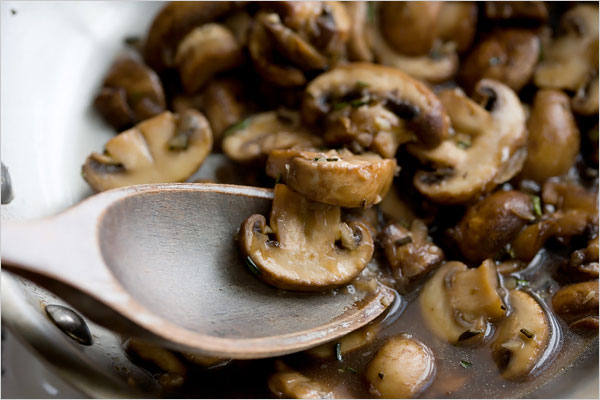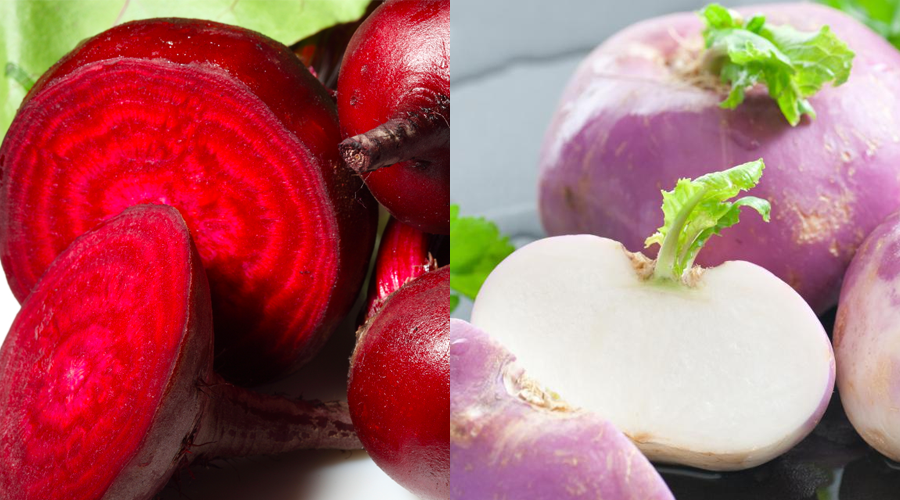Why You Shouldn’t Reheat Chicken, Rice And All These Other Leftover Food
Just because it's been in the fridge, doesn't mean it's free from bacteria!
1. Rice
According to the Food Standards Agency, it's not reheating cooked rice that's the issue, it's how the rice has been stored before reheating.
"Uncooked rice can contain spores of bacteria that can cause food poisoning. When the rice is cooked, the spores can survive. Then, if the rice is left standing at room temperature, the spores will multiply and may produce poisons that cause vomiting or diarrhoea.
Reheating the rice won't get rid of these poisons. The longer cooked rice is left at room temperature, the more likely it is that poisons produced could stop the rice being safe to eat." it said.
The best thing to do is to serve rice is when it has just been cooked or cool the rice as quickly as possible (ideally within an hour) and keep it in the fridge for no more than one day before until reheating.
2. Potatoes
Not only do cooked potatoes lose their nutritional value if they are left at room temperature for too long, warm temperatures may promote the growth of botulism (a rare bacteria) especially if the potatoes are sealed in foil.
The bacteria cannot be killed with a quick zap in the microwave, so it's best to serve cooked potatoes or potato-containing dishes hot or refrigerate them immediately to avoid any problems with reheating.
3. Chicken
Chicken tends to dry out, toughen up, and lose its juicy flavour when it's reheated, but that's the least of your worries.
Keeping cooked chicken at room temperature uncovered promotes the growth of bacteria, which reproduces most effectively between 5ºC to 60ºC. This could potentially lead to food going foul and causing food poisoning.
If you are planning to reheat chicken, the safest thing to do is the chill cooked chicken within an hour after cooking. Then, it has to be reheated to an internal temperature of at least 74ºC for it to be safe for consumption.
4. Eggs
It boils down to how cooked eggs and egg-containing dishes are stored. According to the US Food and Drug Administration, cooked eggs and egg dishes should not be left out of the refrigerator for more than 2 hours (1 hour when temperatures are above 32ºC) as bacteria that can cause illness grow quickly at temperatures between 4ºC and 60ºC.
Exposing eggs to heat over and over again can also cause them to go foul and become toxic, potentially wreaking havoc on your digestive system. If you absolutely must have them piping hot, make sure they are reheated to an internal temperature of at least 74ºC.
5. Mushrooms
According to the European Food Information Council, proteins in mushrooms can be easily destroyed by enzymes and microorganisms. Reheating them cause further changes in the protein composition, making them more difficult to digest.
Ideally, mushrooms should be consumed the same day it was cooked, as the proteins progressively deteriorate with time and don't keep the same nutritional value throughout.
6. Nitrate-rich leafy greens and vegetables such as celery, spinach, and butter lettuce
From left: Celery, cooked spinach, and butter lettuce.
Image via Veg Nerds / Julia's Album / The ABCD's of CookingAccording to the EUFIC, nitrates in these vegetables could be converted into nitrites and then into nitrosamines, which are known to have carcinogenic properties, when reheated.
In fact, it is recommended that vegetables such as celery and butter lettuce be consumed raw (and thoroughly cleaned before consumption, of course).
